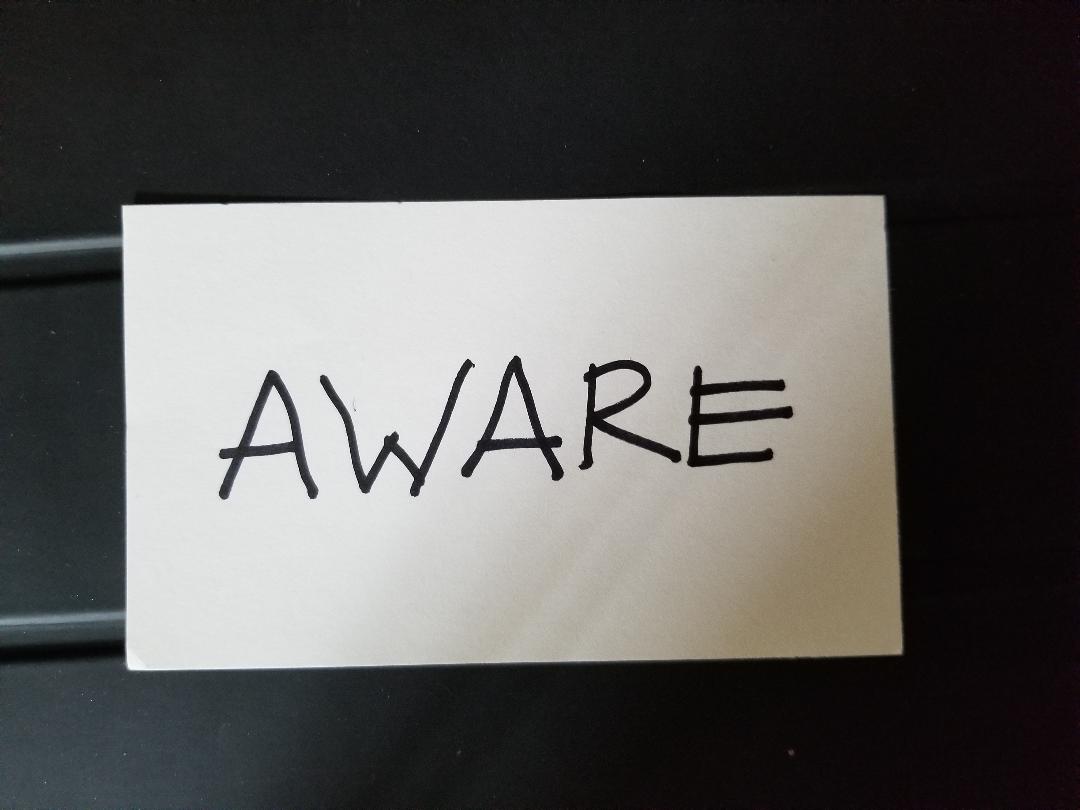Smoking releases 7,000 thousand chemicals into your body. The result isn’t only damage to your lungs, but also your heart, organs and many other body structures. The good news is even if you’ve smoked for many years, you can reverse these effects and experience health benefits from the first hours you stop smoking to the decades after you quit.
For my clients who have stopped smoking, this is what you have to look forward to. If you are considering stopping smoking, this should help you decide.
Smoke cessation recovery timeline
20 minutes after your last cigarette
The positive health effects of quitting smoking begin 20 minutes
after your last cigarette. Your blood pressure, pulse rate and the temperature
of your hands and feet have returned to normal. Also, fibers in the bronchial
tubes that previously didn’t move well due to constant exposure to smoke will
start to move again. This is beneficial for the lungs: These fibers help move
irritants and bacteria out of the lungs, helping reduce the risk for infection.
8 hours after your last cigarette
Remaining nicotine in your bloodstream has fallen to 6.25%
of normal peak daily levels, a 93.75% reduction.
12 hours after your last cigarette
Your blood oxygen level has increased to normal and carbon
monoxide levels have dropped to normal. When carbon monoxide goes away, your
oxygen levels start to increase to more normal levels. This increased oxygen
helps nourish tissues and blood vessels that were getting less oxygen while you
were smoking.
24 hours after your last cigarette
By the one-day mark, you’ve already decreased your risk of
heart attack. This is because of reduced constriction of veins and arteries as
well as increased oxygen levels that go to the heart to boost its functioning.
Nicotine levels in your bloodstream have also decreased to
negligible amounts at this time.
48 hours after your last cigarette
At 48 hours, previously damaged nerve endings start to
regrow. You may realize you’re smelling and tasting things better than you were
before.
72 hours after your last cigarette
Your entire body will test 100% nicotine-free. Over 90% of
all nicotine metabolites (the chemicals nicotine breaks down into) have passed
from your body via your urine. You’ll
often find yourself breathing more easily because the bronchial tubes inside
the lungs have started to relax and open up more. This makes air exchange
between carbon dioxide and oxygen easier. In addition, your lung capacity, or
ability of the lungs to fill up with air increases.
2 weeks after your last cigarette
Within two weeks of quitting smoking, you may start to
notice you’re breathing and walking easier. This is thanks to improved
circulation and oxygenation. Blood circulation in your gums and teeth are now
similar to that of a non-user.
21 days after your last cigarette.
The number of acetylcholine receptors, which were
up-regulated in response to nicotine’s presence in the frontal, parietal,
temporal, occipital, basal ganglia, thalamus, brain stem and cerebellum regions
of your brain have now substantially down-regulated. Receptor binding has
returned to levels seen in the brains of non-smokers (2007 study).
1 month after your last cigarette
In just one short month, you can experience many health
changes related to stopping smoking. You may be feeling a sense of heightened
overall energy. You may also notice that many smoking-related symptoms have
decreased, such as sinus congestion and shortness of breath with movement. In
addition to these benefits, fibers in the lungs that help keep the lungs
healthy are growing back. These fibers can help reduce excess mucus buildup and
protect against bacterial infections.
For The Science Geek (After 1 month)
(For the science geek) Plasma suPAR is a stable inflammatory
biomarker that helps predict development of diseases ranging from diabetes to
cancer in smokers. A 2016 study found that within 4 weeks of quitting smoking
that suPAR levels in 48 former smokers had fallen from a baseline smoking median
of 3.2 ng/ml to levels “no longer significantly different from the never
smokers’ values” (1.9 ng/ml)
3 months after your last cigarette
Within three months after quitting, a woman can improve her
fertility as well as reduce the risk that her baby will be born prematurely.
11 months after your last cigarette
Smoking decreases the thickness of the brain’s outer layer,
the cortex. Smoking induced cortical thinning is associated with poor decision
making, risk taking, a lack of impluse control, early dementia, and nearly 14%
of Alzheimer’s cases worldwide. According to a 2015 study, it takes 0.9 years
(10.8 months) without smoking to recover from the cortical thinning effect of
each pack-year of smoking. Congratulations, your cortex is growing thicker and
the quality of your thoughts, decisions and actions has improved.
1 year after your last cigarette
After one year of quitting smoking, your lungs will have
experienced dramatic health improvements in terms of capacity and functioning.
You’ll notice how much easier you breathe when you’re exerting yourself and how
much less coughing you have compared to when you smoked. Your excess risk of
coronary heart disease, heart attack and stroke has dropped to less than half
that of a smoker.
3 years after your last cigarette
In three years after quitting smoking, your risk of a heart
attack has decreased to that of a nonsmoker.
5 years after your last cigarette
If a female ex-smoker, your risk of developing diabetes is
now that of a non-smoker (2001 study).
Your risk of death from lung cancer has dropped by half
compared to when you smoked, according to the University of North Carolina.
10 years after your last cigarette
Your risk of being diagnosed with lung cancer is between 30%
to 50% of that for a continuing smoker (2005 study). Risk of death from lung
cancer has declined by almost half if you were an average smoker (one pack per
day). Risk of cancer of the mouth,
throat, esophagus and pancreas have declined. Risk of developing diabetes for
both men and women is now similar to that of a never-smoker (2001 study).
15 years after your last cigarette
At the 15-year mark, your risk for heart attack and stroke
has decreased to equal that of a person who’s never smoked before.
20 years after your last cigarette
If a female, your excess risk of death from all smoking
related causes, including lung disease and cancer, has now reduced to that of a
never-smoker (2008 study). Risk of pancreatic cancer has also declined to that
of a never-smoker (2011 study).





 You have made the decision to quit smoking and you have tried numerous times, still you smoke. Finally, as a last resort, you remember that your Great Aunt Janie quit for life after trying hypnosis and decide to investigate it. After a search online or asking friends, you decide to have an appointment with me. As you drive to see me, you smoke as many cigarettes as you can possibly squeeze in, even lighting one last one up before you come into my office. You are nervous and feeling maybe even a little silly.
You have made the decision to quit smoking and you have tried numerous times, still you smoke. Finally, as a last resort, you remember that your Great Aunt Janie quit for life after trying hypnosis and decide to investigate it. After a search online or asking friends, you decide to have an appointment with me. As you drive to see me, you smoke as many cigarettes as you can possibly squeeze in, even lighting one last one up before you come into my office. You are nervous and feeling maybe even a little silly.
 Often, someone who calls me to ask about hypnosis will ask questions such as, “What if I get stuck in hypnosis?” They will express a bunch of concerns that are common. So common in fact, I have addressed them on my
Often, someone who calls me to ask about hypnosis will ask questions such as, “What if I get stuck in hypnosis?” They will express a bunch of concerns that are common. So common in fact, I have addressed them on my